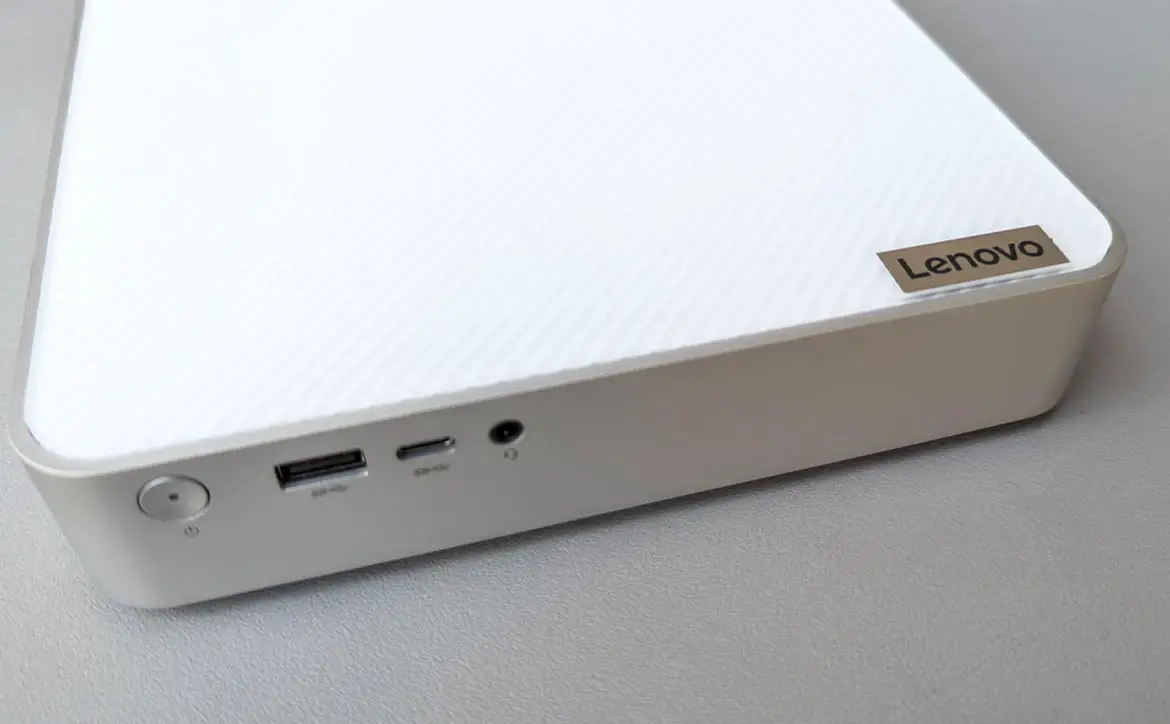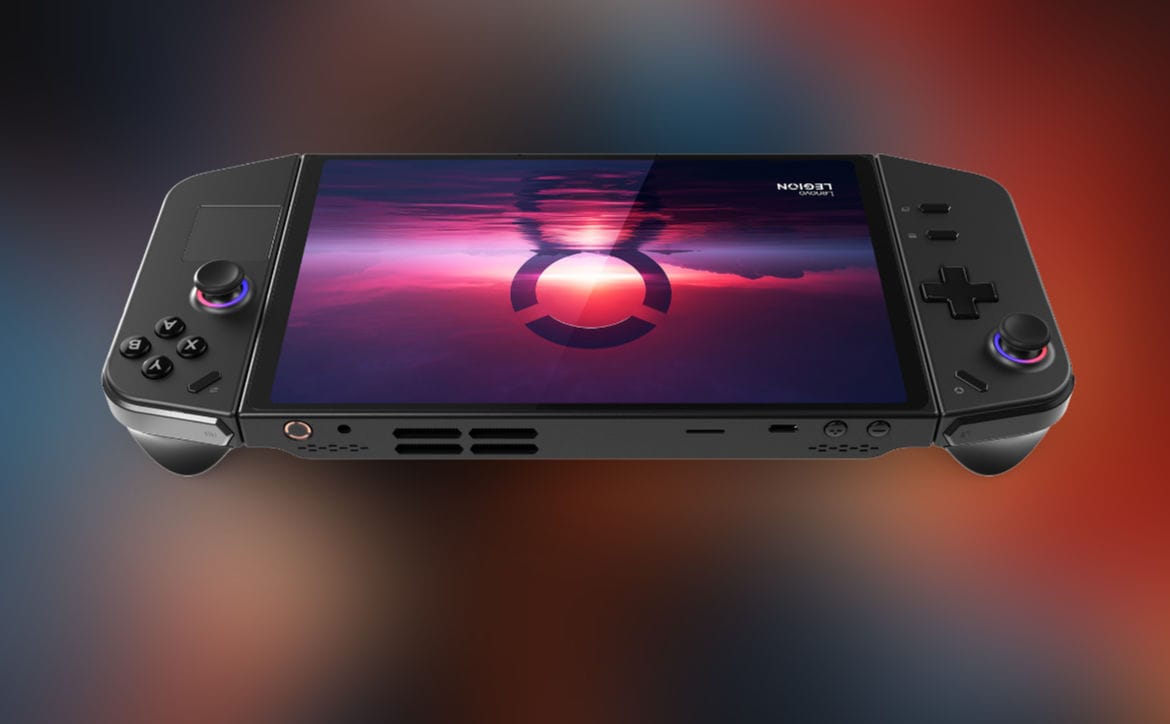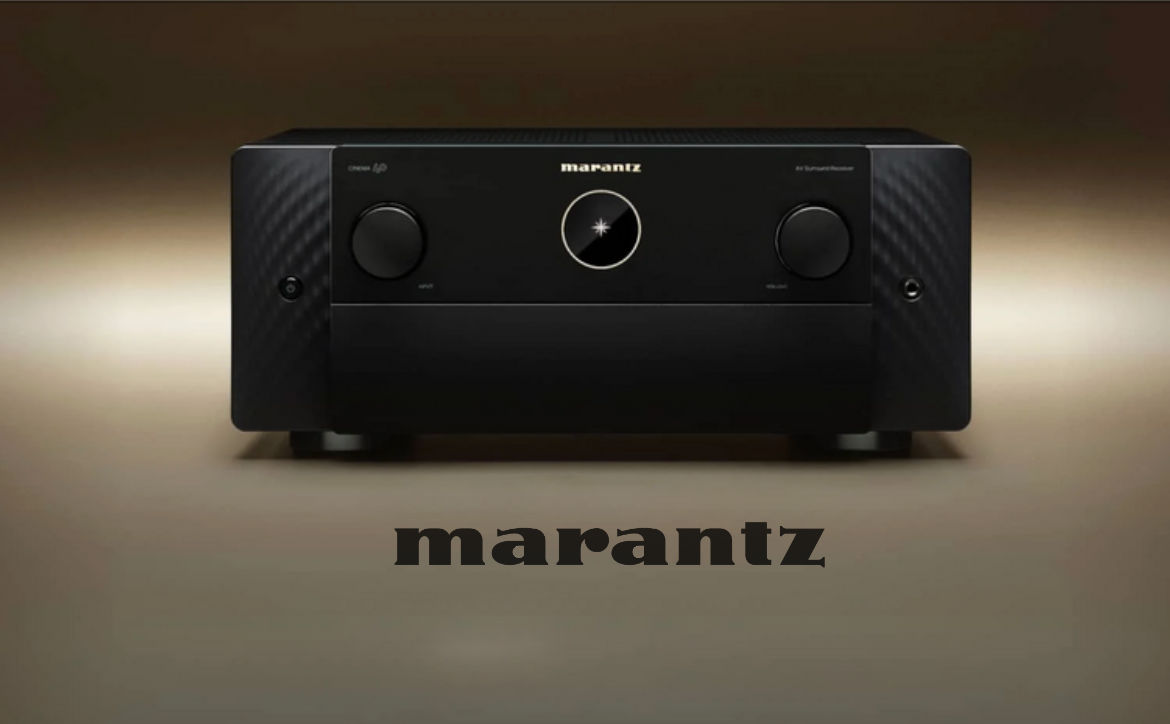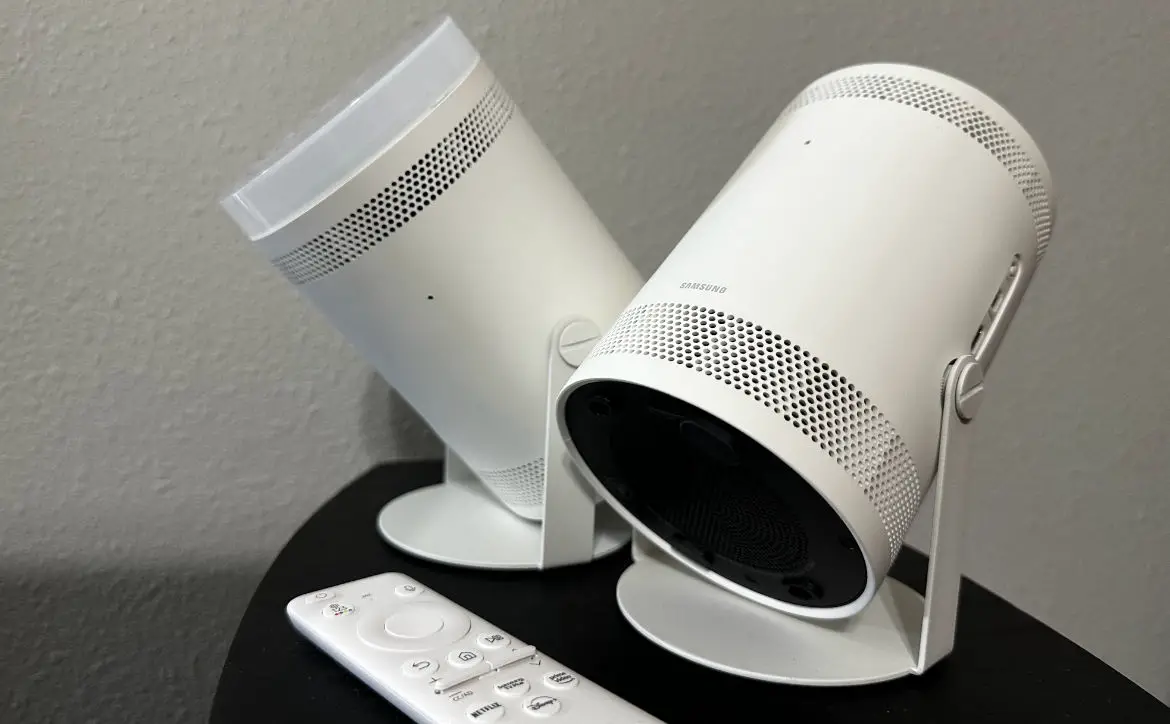Intel and AMD are the two leading manufacturers of processors for personal computers. Both companies offer a wide range of products, from budget-friendly options to high-end models for gamers and professionals.
Estimated reading time: 3 minutes
So, which company makes the better processor? It depends on your needs and budget. The information presented here is intended to be quick and simple. Some of what is here may or may not apply to your use case, it is only a general overview for a basic understanding.
Table of contents
Intel or AMD?
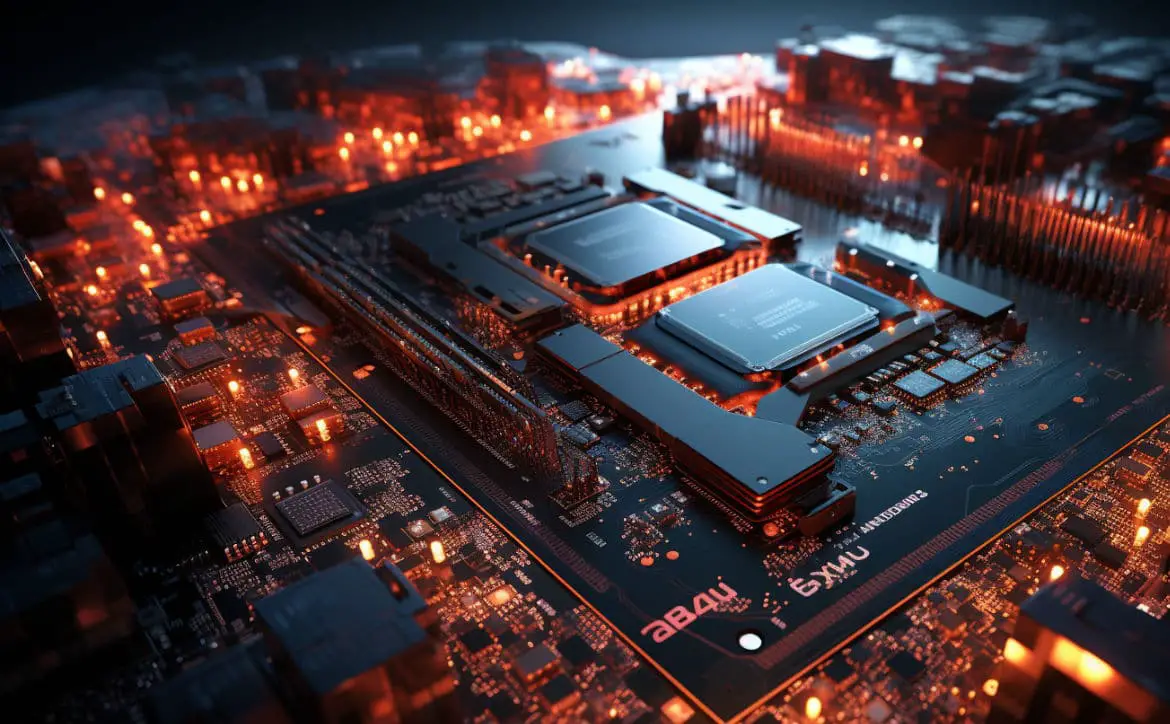
Intel Processors
Intel processors have traditionally been the best choice for gamers and other users who require high single-core performance. This is because Intel processors have a higher clock speed than AMD processors. However, Intel processors have also been pricier than AMD processors.
Lately, AMD has made significant improvements to its processors. The company’s Ryzen processors now offer competitive single-core performance with Intel processors, while also providing more cores and threads. This makes Ryzen processors a better choice for users who do a lot of multitasking or who need high performance for productivity applications.
AMD Processors
AMD processors are generally more affordable than Intel processors. They also tend to be more power efficient, which can lead to longer battery life in laptops.
However, AMD processors do have some disadvantages. They tend to have lower clock speeds than Intel processors, which can impact performance in some games and applications. AMD processors also tend to produce more heat, which can be a problem in some laptops.
Conclusion Advantages/Disadvantages
Both Intel and AMD offer great processors in 2023. The best choice for you will depend on your needs and budget.
Advantages of Intel Processors
- Higher clock speed
- Better single-core performance
- More overclocking headroom
- More availability of high-end models
Disadvantages of Intel Processors
- More expensive
- Fewer cores and threads per price point
- Less power efficient
Advantages of AMD Processors
- Generally more affordable
- More cores and threads per price point
- More power efficient
- Better multithreaded performance
Disadvantages of AMD Processors
- Lower clock speeds
- Less overclocking headroom
- Less availability of high-end models
Which Processor is Right for You?
If you’re a gamer or other user who requires high single-core performance, then an Intel processor is a good choice. However, if you do a lot of multitasking or require high performance for productivity applications, then an AMD processor is a better option. Though this is not always the hard and fast rule.
Ultimately, the best way to decide which processor is right for you is to compare your needs and budget to the specifications of different processors. You can also read reviews and benchmarks to see how different processors perform in different tasks.
If you want to get into the geeky benchmark type information on AMD processors and Intel processors, Tom’s Hardware has a great piece you can read.
Which processor do you prefer? Intel or AMD? Please share your thoughts on any of the social media pages listed below. You can also comment on our MeWe page by joining the MeWe social network. And subscribe to our RUMBLE channel for more trailers and tech videos.
In some of our articles and especially in our reviews, you will find Amazon or other affiliate links. Any purchases you make through these links often result in a small amount being earned for the site and/or our writers. Techaeris often covers brand press releases. Doing this does not constitute an endorsement of any product or service by Techaeris. We provide the press release information for our audience to be informed and make their own decision on a purchase or not. Only our reviews are an endorsement or lack thereof. For more information, you can read our full disclaimer.
Portions of this article were written with AI. Images were created using AI.
Last Updated on July 17, 2023.



